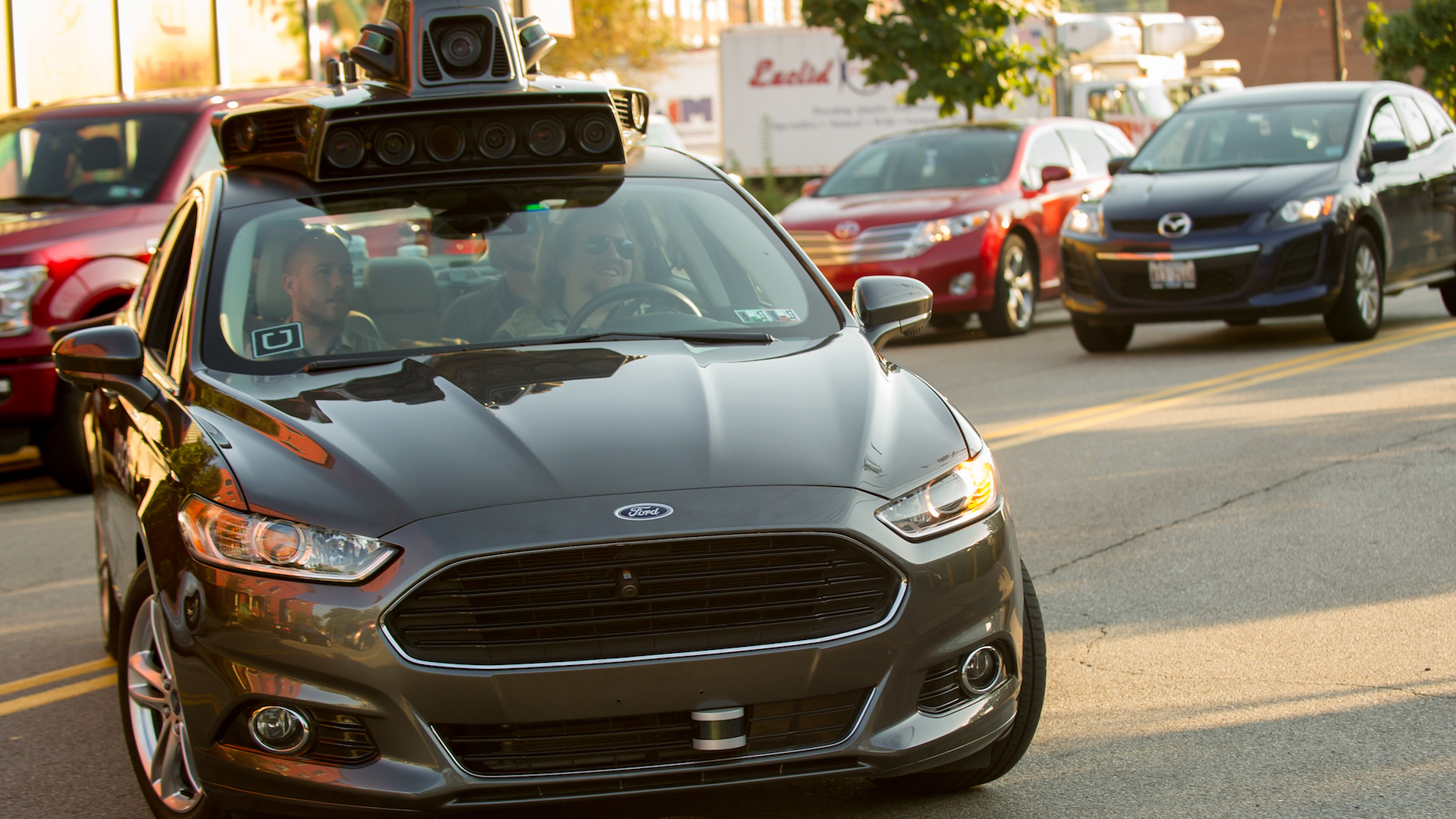

Self-driving cars could make urban traffic worse, according to a new study published by Transport Policy. The study claims autonomous cars could drive around in circles without passengers onboard to avoid paying fees at street-parking meters or private parking garages.
Adam Millard-Ball, an associate professor at the University of California, Santa Cruz, used game theory and traffic simulations to reach that conclusion. Even factoring in wear and tear on the vehicles, Millard-Ball estimated that it would cost just $0.50 per mile to keep a car on the move, making that option cheaper than parking most of the time.
“Parking prices are what get people out of their cars and onto public transit, but autonomous vehicles have no need to park at all,” Millard-Ball said in a statement. “They can get around paying for parking by cruising. They will have every incentive to create havoc.”
Even if they are in the minority, self-driving cars could still “gum things up,” Millard-Ball said. A fleet of 2,000 autonomous cars in downtown San Francisco could slow traffic to 2 miles per hour, he said.
Ride-hailing services will likely be the first major use of self-driving cars, and those services are already being blamed for increasing traffic congestion. Two recent studies, one focusing on a group of cities, the other specifically on Boston, found that services like Uber and Lyft can lead to more traffic, in part because they draw commuters away from public transit.
Millard-Ball suggested congestion pricing as a solution to the problem. Congestion pricing levies a fee on vehicles entering a city center. It’s already used in London and has been proposed for New York City. Uber and Lyft have expressed support for congestion pricing as an alternative to stricter new regulations on ride-hailing services in the Big Apple.
“The fees could raise money for cities to improve transportation,” Ball said. “The idea is to do it now before autonomous vehicles become widespread.”